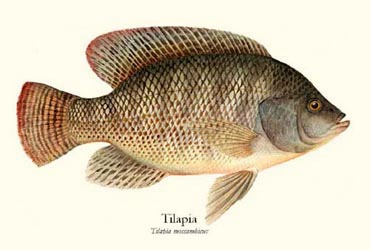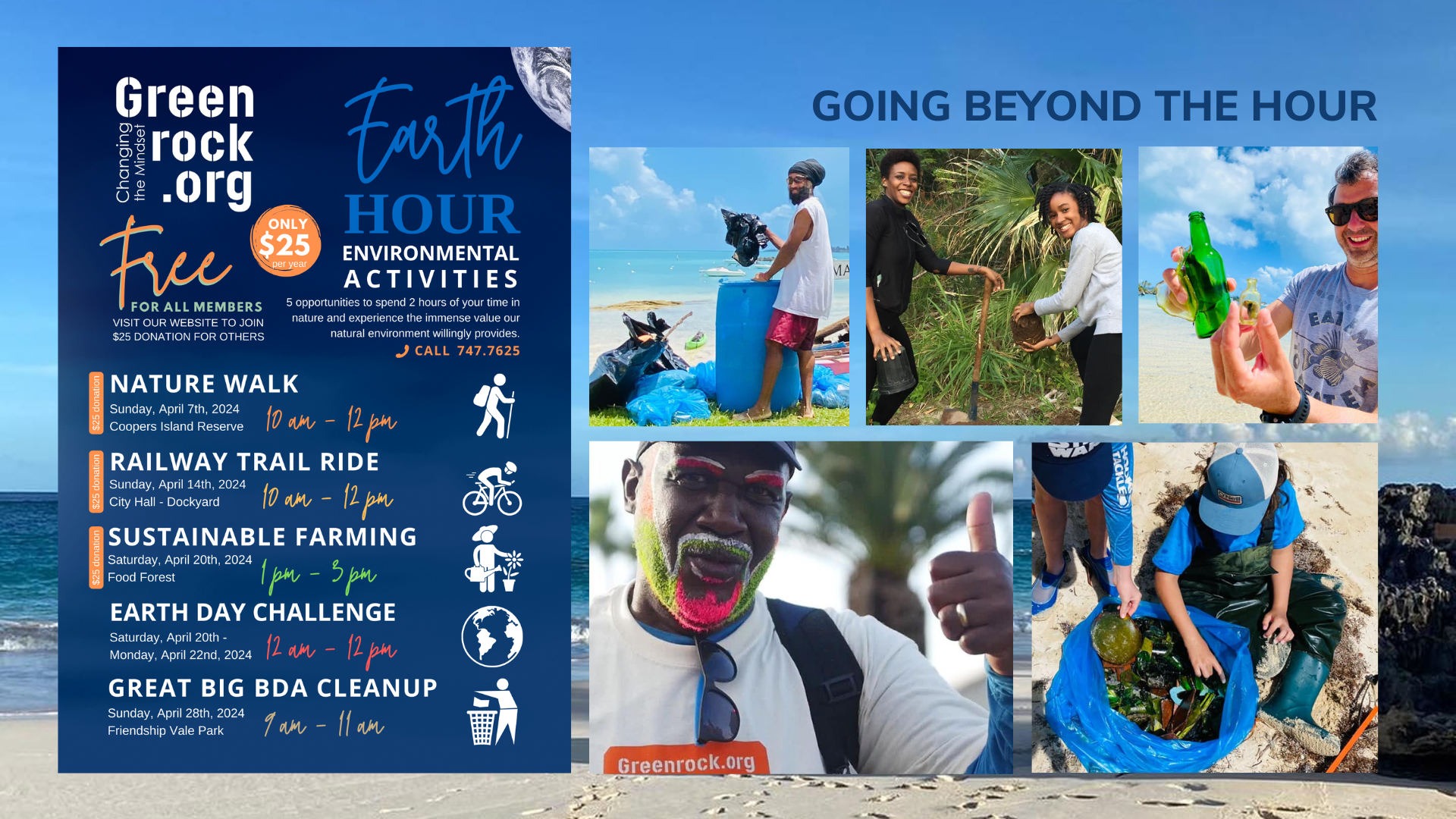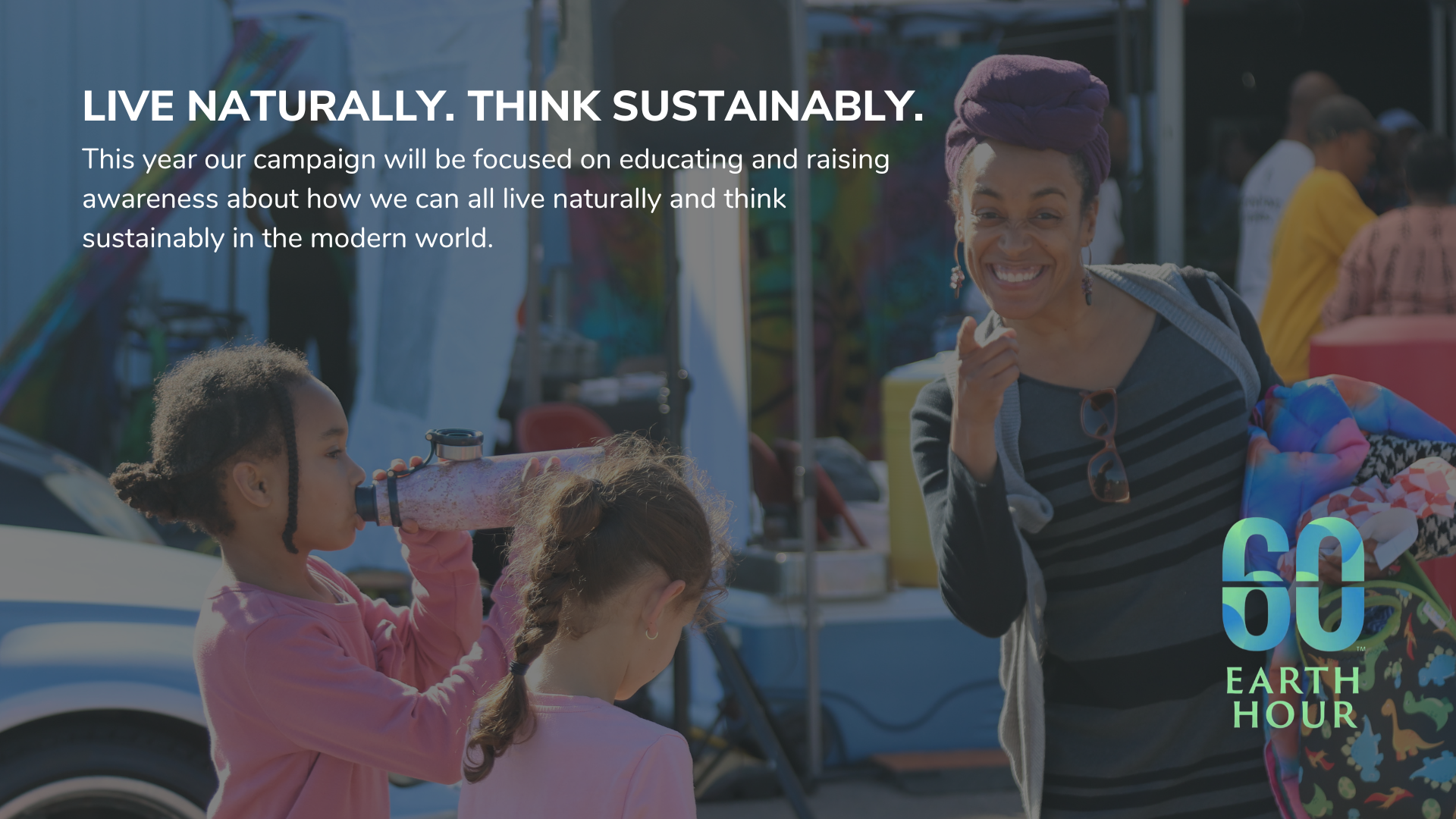Statement by Minister of Health and Environment Trevor Moniz
Today I am very proud. as Minister responsible for the environment, to announce an event which we hope will mark a turning point in the diversification of Bermuda's economy with the birth of commercial aquaculture. It is therefore with much pleasure that I am able to issue Bermuda's FIRST aquaculture license. While there are additional applicants in the pipeline for a similar licence, Sandys Secondary Middle School will have the distinct honour of receiving licence number 001.
Aquaculture, also known as 'aquafarming', is the farming of aquatic organisms such as fish, crustaceans, molluscs and aquatic plants. Aquaculture involves cultivating freshwater and/or saltwater organisms under controlled conditions. To illustrate the global importance of aquaculture in 2013, over 90% of the shrimp and prawns consumed around the world were 'farmed'.
What Sandys Secondary Middle School will be cultivating with their aquaculture system is tilapia.

Tilapia is a hardy fish species and ideal for students learning to manage and grow fish to a marketable size. The license for this particular project is based on using all genetically male fish. This will not only make the husbandry easier to manage, but will also minimize risk of invasion of local ponds in the very unlikely event of an escapement of multiple fish into the same pond.
The fish will be fed a commercial feed based mostly on grains with a small amount of fishmeal...and it is expected that the fish will grow to a market size in about six months. An advantageous feature of Tilapia is that they can grow on a diet of vegetable sources.
The production system is self-contained and has a capacity of 900 gallons of re-circulating water...so as water circulates between two, six-foot diameter circular tanks, positioned side-by-side, it is filtered in two stages to remove solids and dissolved gases. The tank water is oxygenated using compressed air.
A member of the Marine Resources Board has generously donated a standby generator to protect against the risk of a power failure, which would stall the system and eventually cause the death of the fish. So thank you to them for that generous donation.
This small pilot-scale system will be incorporated as an enrichment initiative to the science curriculum. But many other learning activities can be built around an aquaculture system like this one: mathematics, language, entrepreneurship and more.
At some point in the future, a second phase of this project will link it to a 'hydroponics' system that the school has also planned to install. (Hydroponics means growing plants without soil where the roots are bathed in nutrient-containing water). Therefore, the present tank system has been designed to eventually operate as an aquaponics system, where edible fish and plants are produced together.
The Sandys Secondary Middle School aquaculture system is very much like those described by international aquaculture expert Mr. Doug Burdette during a Bermuda workshop organized by the Department of Environmental Protection.
Sandys science teacher Mr. Caesare Filiché, who initiated this project, also participated in the aquaculture workshops put on by government in 2011 and 2012. Altogether these workshops attracted 75 interested persons, and as a result the Department of Environmental Protection has received aquaculture license applications from the private sector. Some of the projects being proposed, if approved and launched, would be ocean-based.
If a Bermuda aquaculture sector could successfully displace a large enough percentage of imported fresh and frozen tilapia and other fish species, by growing them locally at a competitive rate, it could grow to represent a savings of foreign exchange while also contributing to business and job opportunities and new career options.
Aquaculture could, in the future, also play an important role in our food security portfolio. It is my sincere hope that this Sandys Secondary Middle School aquaculture project will produce the first generation of homegrown fish farmer-entrepreneurs.
I would like to thank the Department of Environmental Protection who has led the push for aquaculture development as part of government's 'Fisheries Strategy'.
Today we are breaking new ground for the future and preparing our people to become exposed to this exciting new technology at an early age. A few may even decide that this is what they would like to do as a career on a much larger scale.
Thank you, members of the media, for joining me today...and I hope you will join me again in a few weeks when the fingerlings – numbered in the hundreds – arrive from the US and are released into the Sandys Secondary Middle School's aquaculture system.
More> http://bernews.com/2014/01/sandys-school-issued-first-aquaculture-license/




